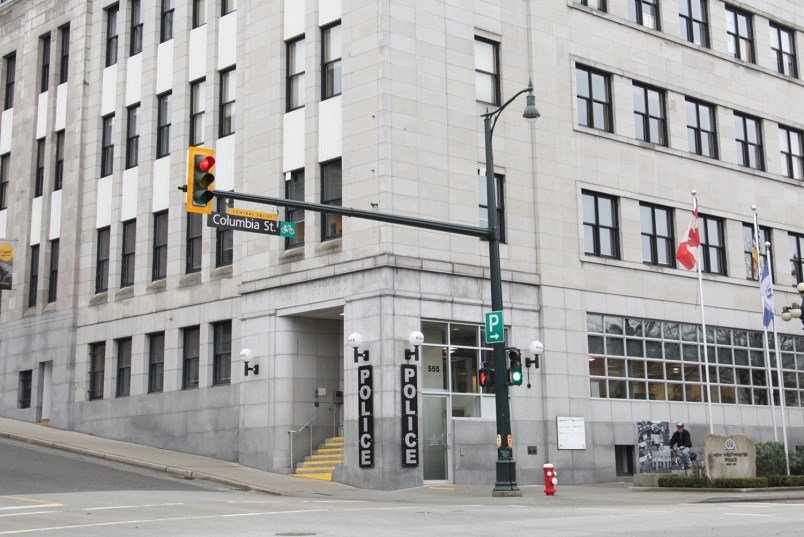Editor:
The discussion about not increasing the funding for New Westminster police is overdue, but a decision needs to be better informed.
Before adopting any plan, a much-needed city (and wider) public discussion on racism, equity, diversity, and even ageism - which is too often overlooked - needs to occur and soon.
Activists do have valid points. Marginalized citizens need to be listened to, rather than ignored. Until such citizens themselves, or their representatives, are involved in discussions with the city and police, not enough will be learned to create viable, long-lasting solutions for today’s challenges.
Few citizens question the need for police work in today’s ever-changing times, and most officers remain dedicated to maintaining peaceful protection for the city’s people.
However, inherent uncertainty of the times can lead to unfortunate mistakes as society copes with difficult transitions. This can also result in too many marginalized people no longer having adequate shelter, safety, hope, faith, respect, or the lawful human rights guaranteed to all humans of different races, colours, origins, orientations, age, etc. Responsibilities dwindle; we all suffer.
It is time we all look together for solutions. Timelines can become barriers with complicated undertakings. Procrastination doesn’t help. We need to ask input from unheard people or their representatives, who are seldom if ever asked for input, or practical suggestions of how society can change for the better.
It is time to take this more unusual, but democratic, step and it won’t be easy; change never is. Reform is needed not only in police forces of all kinds, but also other agencies with whom they work, such as mental health and Addiction units of our city hospitals. Ask why the B.C. Ombudsperson found a spike of over 71% in numbers of people involuntarily committed in the last 10 years or so, while parents of youths on the streets could not find beds for their psychological care.
Ask the ones who left, or some still there, how things got worse instead of better. Ask the hard questions. We all need to learn from them and from activists as well, through compassionate approaches and continuous education.
Education is a slow process, so is a return to full health for many citizens today. Debates and discussions need to turn to positive Action for all citizens. We are all of equal human worth.
The city has plans for public Engagement strategy and action. Perhaps the mayor with debating councillors, or a working advisory committee can prioritize a choice of citizen involvement for healthful human progress, over increased wages at this time.
Truly listening to the experience, suggestions and reasons for reform from all kinds of citizens, will no doubt require some support, or advocacy, since speaking out with truth is not an easy task for hurt or misunderstood people. Patient caring will help each person to connect with confidence and courage as they communicate creative suggestions for needed change. Through compassionate listening and responding, city leaders can take well informed, bold and timely cooperative action, as we all work together to enhance democracy at home and abroad.
Carla Evans, New Westminster


